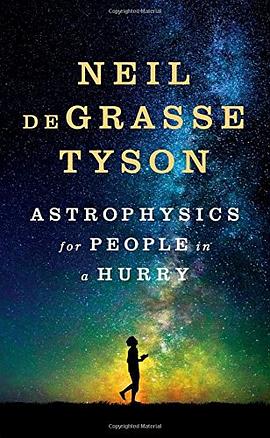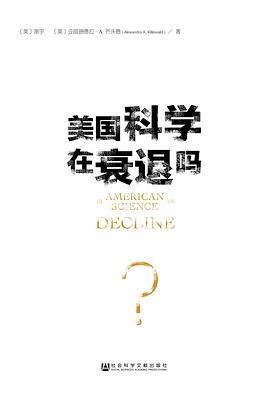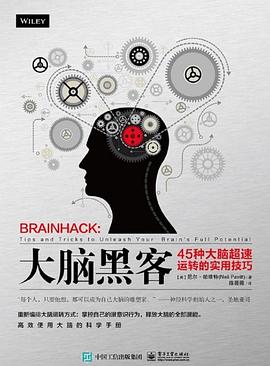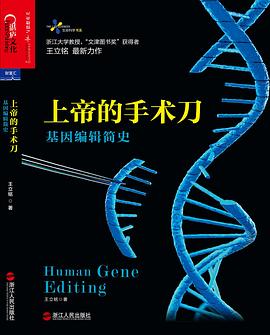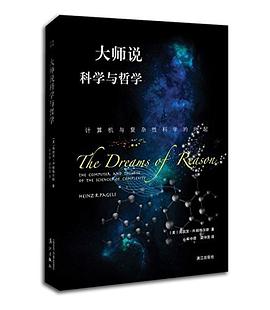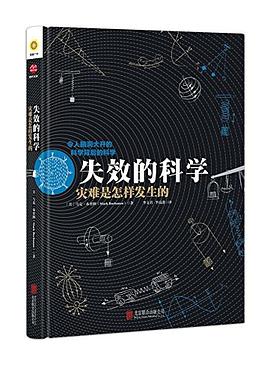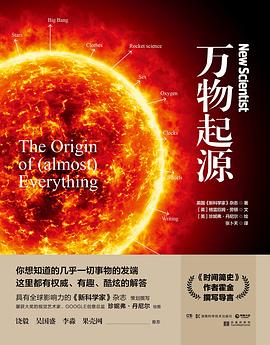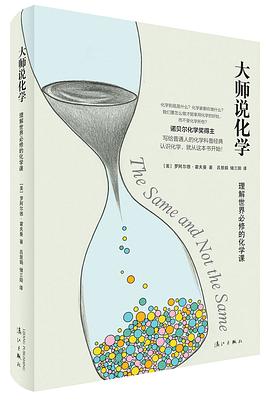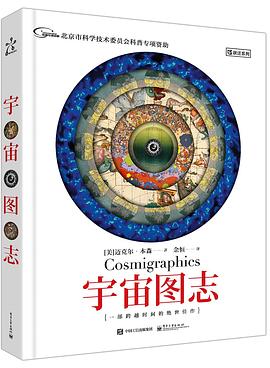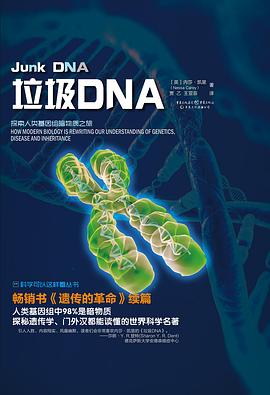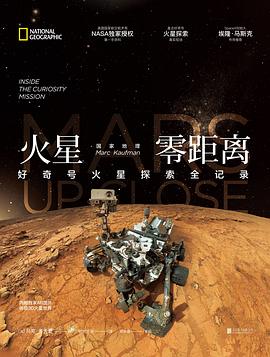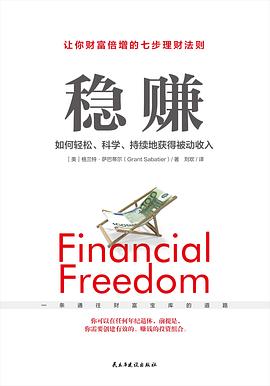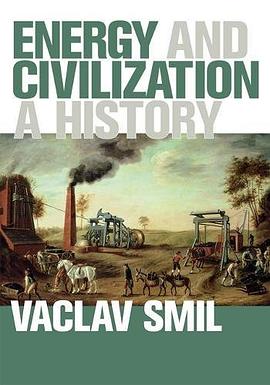

具体描述
Vaclav Smil is Distinguished Professor Emeritus at the University of Manitoba. He is the author of forty books, including Power Density: A Key to Understanding Energy Sources and Uses and Made in the USA: The Rise and Retreat of American Manufacturing, both published by the MIT Press. In 2010 he was named by Foreign Policy as one of the Top 100 Global Thinkers. In 2013 Bill Gates wrote on his website that "there is no author whose books I look forward to more than Vaclav Smil."
A comprehensive account of how energy has shaped society throughout history, from pre-agricultural foraging societies through today's fossil fuel–driven civilization.
"I wait for new Smil books the way some people wait for the next 'Star Wars' movie. In his latest book, Energy and Civilization: A History, he goes deep and broad to explain how innovations in humans' ability to turn energy into heat, light, and motion have been a driving force behind our cultural and economic progress over the past 10,000 years.
―Bill Gates, Gates Notes, Best Books of the Year
Energy is the only universal currency; it is necessary for getting anything done. The conversion of energy on Earth ranges from terra-forming forces of plate tectonics to cumulative erosive effects of raindrops. Life on Earth depends on the photosynthetic conversion of solar energy into plant biomass. Humans have come to rely on many more energy flows―ranging from fossil fuels to photovoltaic generation of electricity―for their civilized existence. In this monumental history, Vaclav Smil provides a comprehensive account of how energy has shaped society, from pre-agricultural foraging societies through today's fossil fuel–driven civilization.
Humans are the only species that can systematically harness energies outside their bodies, using the power of their intellect and an enormous variety of artifacts―from the simplest tools to internal combustion engines and nuclear reactors. The epochal transition to fossil fuels affected everything: agriculture, industry, transportation, weapons, communication, economics, urbanization, quality of life, politics, and the environment. Smil describes humanity's energy eras in panoramic and interdisciplinary fashion, offering readers a magisterial overview. This book is an extensively updated and expanded version of Smil's Energy in World History (1994). Smil has incorporated an enormous amount of new material, reflecting the dramatic developments in energy studies over the last two decades and his own research over that time.
用户评价
##这是一部资料详实的能量文明进化史,从原始社会的采集开始,历经农业、工业等一系列的技术革命,人类文明对于能量的掌控终于来到了一个关键节点。在这里,困扰着人类的不再是早期社会的能量匮乏问题,而是围绕着能量的巨大浪费以及合理分配进行讨论。坐拥丰厚资源的人类,几乎...
评分##作者旁征博引,资料相当丰富。只可惜化石燃料之后戛然而止,没有任何关于新能源的篇幅,不免有点失望。可能作者是觉得没办法像分析到和传统能源一样的水平,所以干脆不涉及。
评分##关于“能量”这个词,其实在我们的日常生活中常常被提及,无论是让无数学生头疼的“能量守恒定律”,还是让减肥人士们“斤斤计较”的卡路里,又或者是那句司空见惯的“万物生长靠太阳”…… 生活中的大事小事可以说都是和能量息息相关的,从细微处来看,能量参与着每一次、每一...
评分 评分 评分 评分相关图书
本站所有内容均为互联网搜索引擎提供的公开搜索信息,本站不存储任何数据与内容,任何内容与数据均与本站无关,如有需要请联系相关搜索引擎包括但不限于百度,google,bing,sogou 等
© 2025 book.tinynews.org All Rights Reserved. 静思书屋 版权所有

